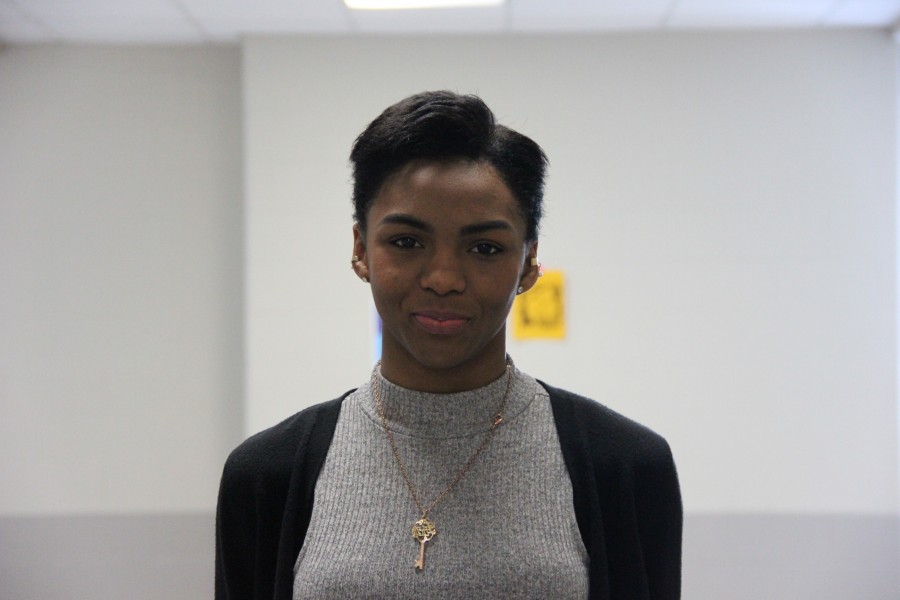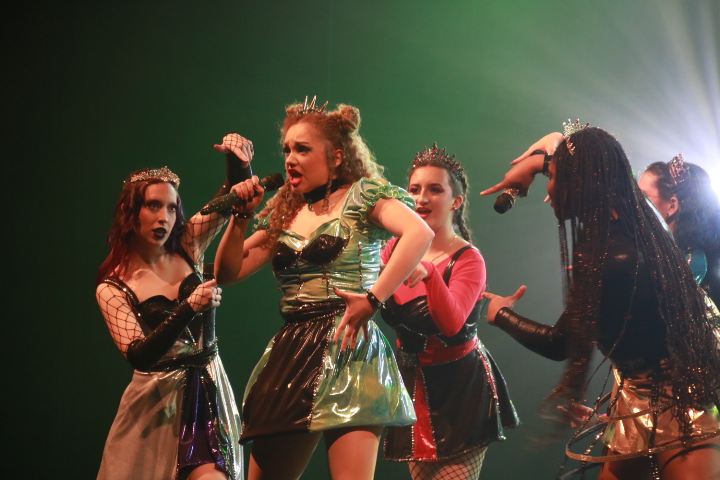Students agree not enough coverage of Black History Month
Photo by: Kendall Baker
February 29, 2016
Black History Month serves as a national celebration of black-American culture every February since 1976. However, the subject does not receive much coverage in today’s history classes, and students agree they feel as if they miss out on crucial information.
Senior Brie Holliday worked to bring that information to her life and the lives of other students by forming the Issues Club, an outlet for students aware and concerned about the social and political problems affecting them. Holliday said she wanted to leave something behind help underclassmen stay grounded.
“I want them to learn not only about political and social awareness but also teach them skills in debating topics and how to properly research events,” Holliday said. “I want to bring unity to the lower classes by teaching them to understand different perspectives on situations.”
Holliday said she feels immensely disappointed with the teaching of Black History Month in school – or the lack thereof, which she said angers and saddens her. Raised in an African American family of all ages and personalities, Holliday said she has witnessed them getting looked down upon at one point in their life because of the color of their skin.
“I don’t want my kids to grow up in that kind of world,” Holliday said.
Initially recognized by former President Gerald R. Ford, Black History Month aims to acknowledge the achievements of black people as well as the diversity within their culture. AP Psychology and AP US History teacher William Lally said both the state and the district require teaching on the topic, such as activities and/or presentations.
“Additionally, I have some readings and activities I present to the kids because Black History Month also coincides with the civil rights movements of the 1900s that we are studying in APUSH,” Lally said.
The teaching of Black History Month appears dependent on other, more important units. Similarly to Lally, Street Law and AP World History teacher Sylvia Ford said her class’ Black History Month activity contributed to a larger focus on the triangular and slave trade in New England, a connection most people do not look at.
“We know the slave trade in the South, but I thought it would be interesting to see the economic impact the slave trade had on New England and the slaves that found a new home in the New England colonies,” Ford said.
Lally said he does not know what type of impact these lessons have on the students.
“It seems to me that students today have a lack of appreciation for the struggles of African-Americans to achieve civil liberties and rights,” he said.
Students think this results from not actively learning about Black History Month. Senior Jamie Parmley said she feels like students do not learn about the nation’s true history.
“We should be talking about the important stuff on Black History Month,” Parmley said.
Other students, such as sophomore Diana Palacios, agreed with Parmley.
“As a diverse country, we should learn about American cultures and their history so we can understand each other better,” Palacios said.
To learn more, check out this article in Time magazine about the origin of Black History Month.





